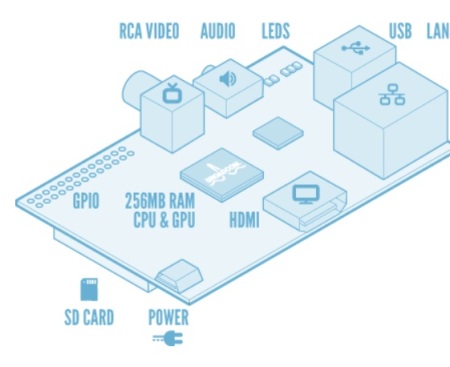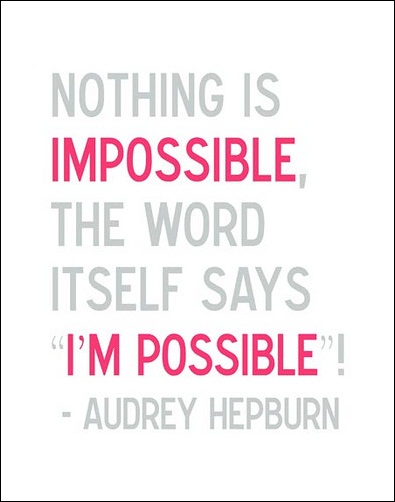Eric Schmidt is the Executive Chairman of Google and he has been outspoken on the (poor) teaching of computing, ICT and digital sciences in the UK. In putting his money where his mouth is, he announced on Wednesday that Google would be sponsoring Teach First, a scheme set up to address educational disadvantage by taking exceptional graduates and putting them into challenging urban schools where they can make a big impact. As part of the sponsorship, Google will be providing teachers with Bursaries so that they can buy much-needed resources to address the lack of solid computing skills currently being taught in many schools and inspire students with technology such as Raspberry Pi's and Arduino's:

via:
http://www.opencompany.dk/blog/index.php/2012/03/raspberry-pi-linux-computer-salg-i-dk/


via:
http://raspberry-pi-computing.com/166/raspberry-pi-diagram/
Jump to the end of the post for a condensed statement from Eric Schmidt.
Setting the scene
Google have stated a commitment to inspiring the next generation of scientists and computer scientists. However to look where they can take us, let's look at where we are now.
There are 1 billion smart phones and 2 billion people with Internet access. But this is a minority, there are 7 billion people on earth and so the world wide web is yet to live up to its name. Indeed, there will always be a digital divide. Schmidt described it as a ditital oasis in a desert. Yet in the UK, the world wide web is a platform for 8% of the UK's GDP. We're certainly a privaleged minority.
Schmidt and Google believe that if we connect people to information, you can change the world. To connect the world is to free the world as this network is not merely a network of machines, but minds. Schmidt also predicted that by the year 2020, Optical fibre will be running in all major cities, offering speeds of Gb/s. Science fiction will become a reality. However in the meantime and in developing countries, we cannot predict their future by extrapolating the past. They will not merely use e-mail, the Internet and then ten years later move onto mobile devices. Mobile devices are here now and are becoming cheaper by the day. Even with modest connectivity, we can change lives.
Three worries
There were however three concerns:
- The Internet was built without criminals in mind and now we are fighting a battle against cyber crime
- There is nod elete button on the Internet. False accusation used to fade in the traditional print world, now it can last forever. However, Shmidt believes that with voting/rating of news stories and commentary like in a democratic society, people will be able to vote and rate what is true and what is not.
- Government filtering and censorship. It is insteresting that Google mention government intervention, as a TED talk highlighted filtering happening everywhere.
On a more positive note, Schmidt went on to quote Arthur C Clarke:
"Any sufficiently advanced technology is indistinguishable from magic"
Scmidt predicts that technology will eventually dissapear because it will be everywhere and a part of everyday life, essentially becoming invisible. In order for this to happen however, the teaching of ICT and Computing needs to be kept scientific. With the same steps as any other science, Hypothesise, Test, Devise, Conclude and Repeat. Computer Science like all sciences requires careful repeatable rigour.
At a secondary (High School) level, through events like Google Science Fair amongst other competitions that we run in our own classrooms, we provide motivation for excellence. We cannot simply approach education the same way that we have approached it for decades, teacher at the front lecturing. Similarly, ideas are not enough, we need to actually use them and put them into practice. Many teaching ideas will fail, but many will succeed.
The value of an idea is in using it ~ Thomas Edison
In terms of science, we need to apply science through subjects like Engineering. It is therefore shocking to find that over 2/3 of all students would not consider Engineering at University. This is despite Engineer's solving many of the world's problems such as the rescue of Chilean miners, the design of games, buildings, componentry. So we need to make students more aware of what Engineers, Scientists and Computer Scientistists do in the real world.
This is where museums like the
Science Museum come into it. Through a Google sponsorship of £1 million, The Science Museum will be launching a new gallery on modern communication in 2014-this will cover everything from The Telegraph ot the Tweet. In the meantime, there is the
Alan Turing exhibition which runs throughout the year.
There still remains a shortage in Computer Science teachers and graduates in general; a NextGen report announced a shortage in UK-based animators, special FX and software engineers which all need Computer Science or Maths degrees. It is a sad state that only 0.5% of all students in the UK take computing at GCSE or A-Level. And whilst scrapping the existing curriculum was like pulling the plug out, we now need to power back up. Only 2% of Google engineers were not exposed to Computer Science at School. Furthermore, we have already seen what the BBC Micro did for computing in the UK, so imagine what the Raspberry Pi could do!
The
Royal Society also published a report in January, which stated that the professional development of teachers is the main priority for reviving computing in the UK. In response to this, Google announced it's support of TeachFirst where it hopes to attract 100 exceptional computing/science (STEM) graduates which will impact 20,000 students. Whilst this may not seem like many graduates, it is the first step and it is very generous and brave of Google to make this first step where others have often talked but feared to tread. A summary statement is also provided below.
ACTION POINTS
Buy a Raspberry Pi
Start reading and engage with
GotoFdn
Find more genuine examples of successful female scientists/computer scientists to display around school
Create a list of attractive jobs which rely on Computer Science, Maths and Engineering,














